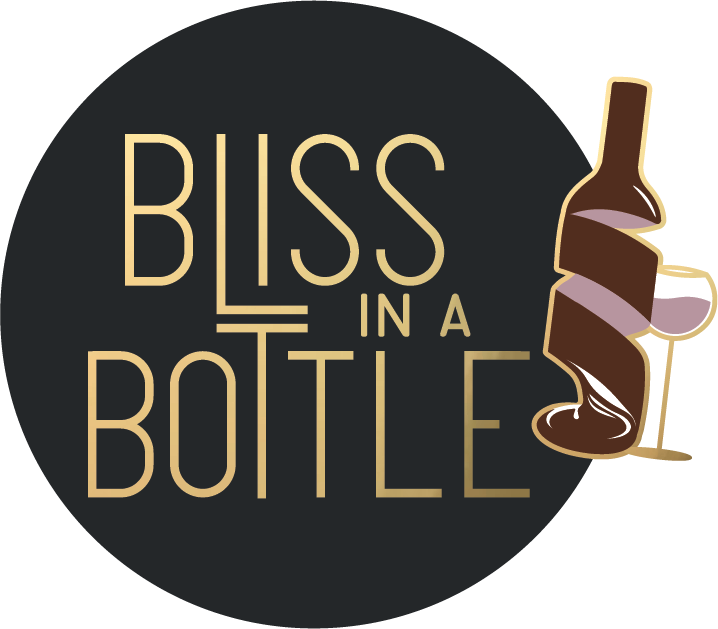
Wine terms 101
I am employed as a student intern at Bliss in A Bottle. I am not 21; therefore, I cannot legally say I have ever tasted wine before in my life. That said, when I started working here in early April, I certainly had no understanding of words like “Sauvignon Blanc”, “Sommelier”, or “Cliquot”. I could not— for the life of me—pronounce them either, so you can imagine the ways in which I avoided saying their names. It was sort of like when you run into an old acquaintance in a grocery store, and they know who you are, but all you can greet them with is an awkward “hey, you…”.
Maybe you’re a wine enthusiast or even savant, and this is common knowledge to you, but if you are completely new to this world of expertise, fear not! I’m here to teach you some of the words and pronunciations I have learned, so that you too can impress family members with a semblance of wine knowledge.
So, we all know that there are reds, whites, and sparkling wines, but the term Sauvignon Blanc was completely foreign to me. “Sauvignon” (sōvinˈyôN,-vēˈnyôN) is a French, green-colored grape from the Bordeaux region, and Blanc is literally just the French word for “white”. So, Sauvignon Blanc is a white wine comprised of Sauvignon grapes. It is very common for wines to be named after their grape, region, or color.
Amazing me a bit further, Cabernet Sauvignon, a red wine is a cross between Sauvignon Blanc and Cabernet Franc.
One of the wines we sell here is called “Veuve Cliquot” (Vuv Klee-koh), and it was undoubtedly one of the hardest names for me to pronounce. “Veuve” translates to “widow” in English, and “Cliquot” is the French last name of the first woman to run a champagne house. It is named after the widow of the companies’ heir. Veuve rhymes with ‘love’ and is usually mispronounced.
From songs mentioning Moet ranging from the 70’s to modern day rap, it is widely mispronounced! It is pronounced “mo-wet”, not ‘mo-way”. Maybe because the family originally was Dutch turned French winemakers.
The final word I’ll introduce you to is “Sommelier”, yet another French word (can you tell that I don’t speak French). “Sommelier” (səməlˈyā) is, according to google, “a wine steward”. In French it literally translates to “butler”, which I find quite funny considering current day sommeliers are revered highly for their vast knowledge of wines and their pairings. A sommelier could tell you all about Sauvignon Blanc’s, and Veuve Cliquot, pronouncing them with such ease that you would think the bottles are the name of their children.
Now you’ve learned to pronounce those same words with ease, and I hope this expanded your knowledge of French and the vast world of wine just a little further.


0 comments